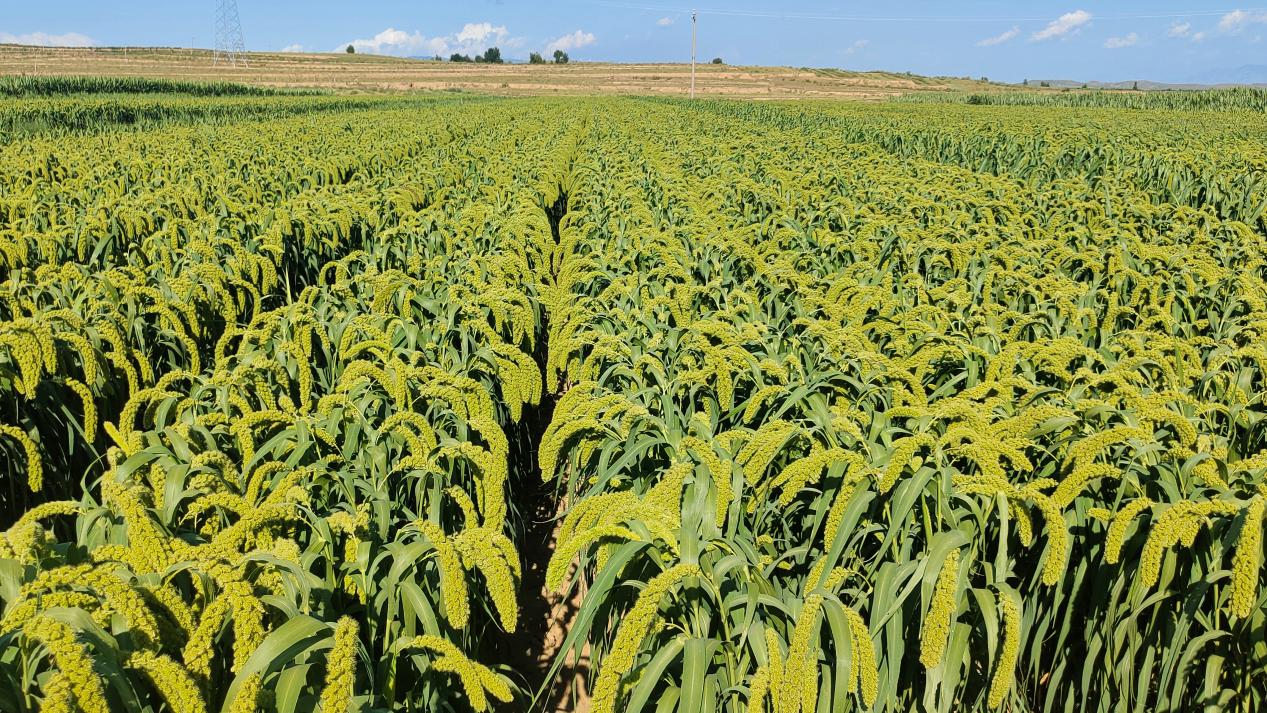
Сен . 28, 2024 00:35 Back to list
Sustainable Slow Release Organic Fertilizers for Enhanced Soil Health and Plant Growth
Exploring the Benefits of Organic Slow-Release Fertilizers
In recent years, the movement towards sustainable agriculture has gained significant momentum, with many farmers and gardeners looking for methods that minimize environmental impact while maximizing plant health and productivity. One such method is the use of organic fertilizers, particularly those that offer slow-release capabilities. This article delves into the characteristics, advantages, and application of organic slow-release fertilizers, highlighting their importance in modern agriculture.
What are Organic Slow-Release Fertilizers?
Organic slow-release fertilizers are nutrient-rich products derived from natural sources that release their nutrients gradually over an extended period. Unlike traditional chemical fertilizers, which can lead to nutrient leaching and rapid plant absorption, slow-release organic fertilizers provide a steady supply of nutrients as plants need them. This sustained release not only supports plant growth but also enhances soil health and reduces the risk of nutrient runoff into waterways.
Common sources of organic slow-release fertilizers include compost, manure, bone meal, and plant-based materials like alfalfa meal and soybean meal. These materials undergo various processes—such as composting or fermentation—that break down complex organic matter into more readily available nutrients, promoting healthier soil microbiomes.
Advantages of Using Organic Slow-Release Fertilizers
1. Nutrient Management One of the primary benefits of slow-release fertilizers is their ability to provide a balanced supply of nutrients over time. This gradual release synchronizes nutrient availability with plant uptake, leading to improved nutrient efficiency and reduced waste.
2. Reduced Environmental Impact The use of organic fertilizers significantly lowers the risk of nutrient runoff into aquatic ecosystems, thereby helping to prevent problems such as algal blooms that can deplete oxygen in water bodies. By minimizing chemical inputs, organic fertilizers contribute to a healthier environment.
3. Soil Health Enhancement Organic slow-release fertilizers improve soil structure and increase its ability to retain moisture and nutrients. They are rich in organic matter, which fosters beneficial microbial activity and creates a flourishing ecosystem within the soil. This enhanced soil health promotes root growth and overall plant vigor.
4. Resilience to Stress Plants nurtured with organic fertilizers tend to exhibit greater resilience against environmental stresses, such as drought and disease. A strong root system provides better access to moisture and nutrients, allowing plants to thrive under less-than-ideal conditions.
organic fertilizer slow release

5. Sustainability Using organic slow-release fertilizers aligns with the principles of sustainable agriculture. These fertilizers recycle waste products and promote biodiversity, encouraging the use of local resources and reducing reliance on synthetic inputs.
Application and Usage Tips
To maximize the benefits of organic slow-release fertilizers, it’s important to follow some best practices in their application
- Soil Testing Before applying fertilizers, conduct soil tests to determine nutrient needs. This ensures that you apply the right amount of fertilizer at the right time.
- Timing Apply organic slow-release fertilizers at the beginning of the growing season or during soil preparation to allow nutrients to be available as plants begin to grow.
- Method of Application Incorporate the fertilizer into the soil rather than just sprinkling it on the surface. This promotes better nutrient uptake by plant roots.
- Monitor Plant Growth Regularly observe plant growth and health to gauge the effectiveness of the fertilizer. Adjust fertilizer types and amounts as necessary based on plant response.
Conclusion
Incorporating organic slow-release fertilizers into agricultural and gardening practices presents a holistic approach to enhancing plant growth in harmony with the environment. As more individuals and communities strive for sustainable practices, the use of organic fertilizers will likely continue to rise, paving the way for a greener future for agriculture. With their multifaceted benefits, organic slow-release fertilizers not only nourish our plants but also contribute to the overall health of our planet.
-
High-Efficiency Plant Soil Water Soluble Fertilizer Reliable Manufacturer
NewsApr.29,2025
-
High-Potassium Organic K Fertilizer 7-2-4 Supplier & Manufacturer
NewsApr.29,2025
-
10-54-10 High-Phosphate Fertilizer NPK Blend for Root Growth
NewsApr.28,2025
-
NPK 8-2-12-4 & 20-20-20 Compound Fertilizer Suppliers Crop Boost
NewsApr.28,2025
-
Premium 50 lb Fertilizer Bags Bulk Supplier & Factory Deals
NewsApr.28,2025
-
Different Types of NPK Fertilizer Manufacturer & Supplier Custom Blends
NewsApr.28,2025
